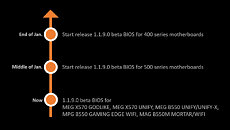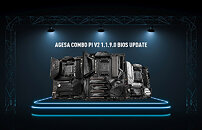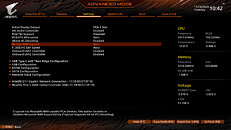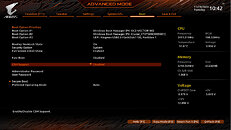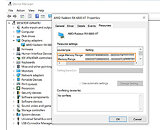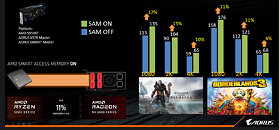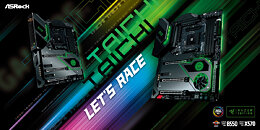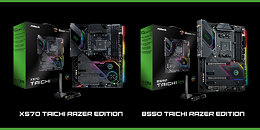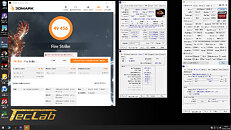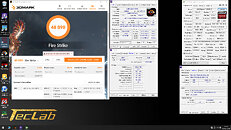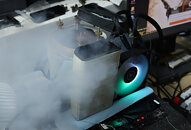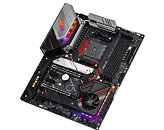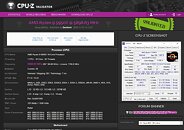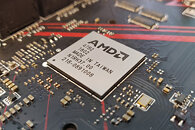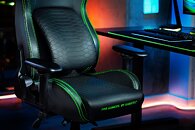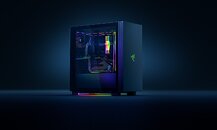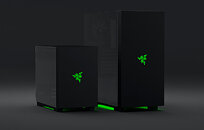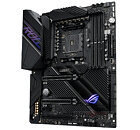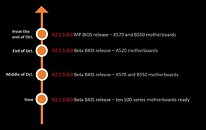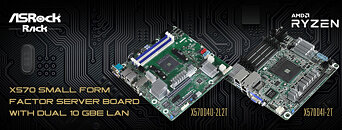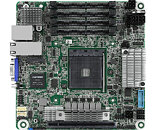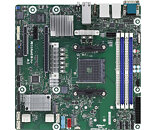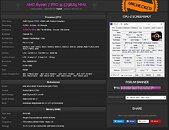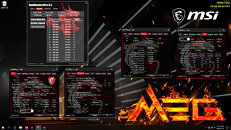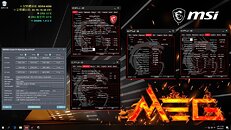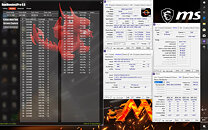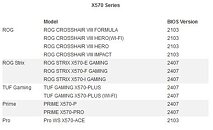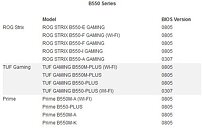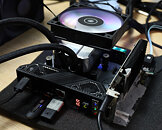
AMD Announces AGESA 1.1.9.0 Firmware Updates, Improve FCLK OC Stability
AMD just revealed the top four changes with its new AGESA 1.1.9.0 microcode update, which motherboard manufacturers and OEMs will release via UEFI firmware updates in January and February, 2021. Beta firmware updates with 1.1.9.0 have already been floating around for the past couple of weeks. To begin with, the new AGESA enables support for the S0i3 power state of Windows 10, more commonly known as Modern Standby. Next up, AMD claims that firmware updates with 1.1.9.0 should improve system stability in the FCLK 1800 MHz to 2000 MHz range.
Next up, AMD mentions support for "fanless X570 motherboards." We're not entirely sure whether this means a fan-down mode on existing X570 motherboards, or whether a new wave of motherboards based on the chipset is incoming, which lacks active cooling for the chipset (and makes do with passive heatsinks). One such board is the ASUS ROG Crosshair VIII Dark Hero. Perhaps the firmware assists in helping the X570 chipset maintain a lower TDP. Wrapping things up, AMD mentions "general stability improvements," which are always welcome. Keep probing the "support" section of your motherboard's product page on its company website for the latest firmware updates.
Next up, AMD mentions support for "fanless X570 motherboards." We're not entirely sure whether this means a fan-down mode on existing X570 motherboards, or whether a new wave of motherboards based on the chipset is incoming, which lacks active cooling for the chipset (and makes do with passive heatsinks). One such board is the ASUS ROG Crosshair VIII Dark Hero. Perhaps the firmware assists in helping the X570 chipset maintain a lower TDP. Wrapping things up, AMD mentions "general stability improvements," which are always welcome. Keep probing the "support" section of your motherboard's product page on its company website for the latest firmware updates.


